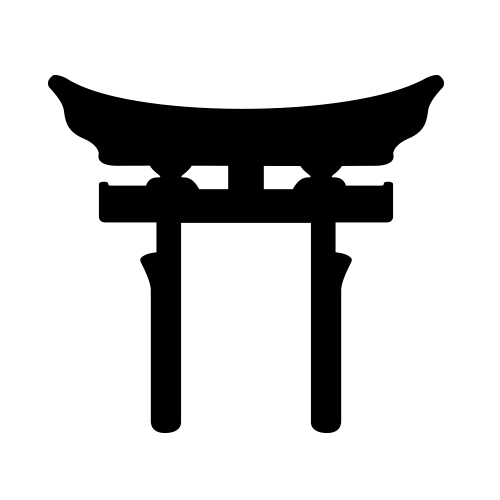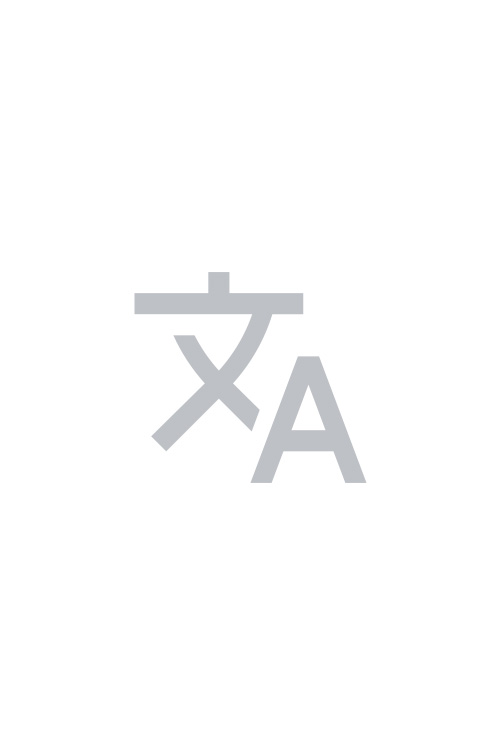About
Kojiki by Donald L. Philippi is a translation of the Japenese Kojiki texts. The work was published in 1968.
Source: OMNIKA
Kojiki, also sometimes read as Furukotofumi, is an early Japanese chronicle of myths, legends, songs, genealogies, oral traditions, and semi-historical accounts down to 641 concerning the origin of the Japanese archipelago, the kami, and the Japanese imperial line.
Source: Author or Publisher
expand_more Read more Read less
Access
External sources
Primary
Myth

Before man, the universe was chaotic and silent. Sounds and light arose to create the heaven and earth. The original five deities did not have a sex and gave birth to another original ten gods. Afterwards, the Japanese archipelago was created and more deities were created. Eventually, man came into being.
Belief system

Shinto religion refers to the traditional spiritual belief system of the peoples of Japan.
Deity

Ame-no-minaka-nushi (Japapenese: 天之御中主神) is the first of three sexless and formless 'Kami' deities listed in the first chapter of the Kojiki texts.
Translation

"Kojiki Genesis" is a composite English translation of the Kojiki Genesis creation myth by Donald Philippi.
Myths cited
It looks like only the main myth was referenced in this work.
Belief systems cited
It looks like only the main belief system was referenced in this work.
Artifacts cited
Contributor
Cite this work
ChicagoPhilippi, Donald L. Kojiki: Translated with an Introduction and Notes by DONALD L. PHILIPPI. Tokyo, Japan: University of Tokyo Press, 1968.






